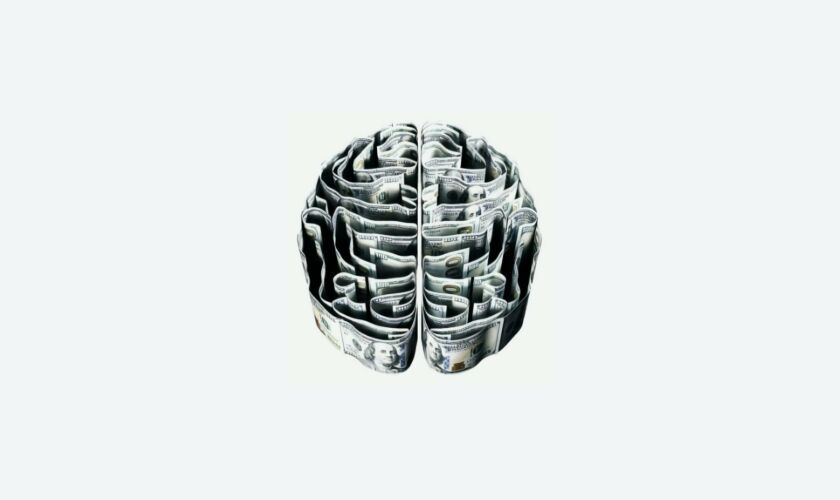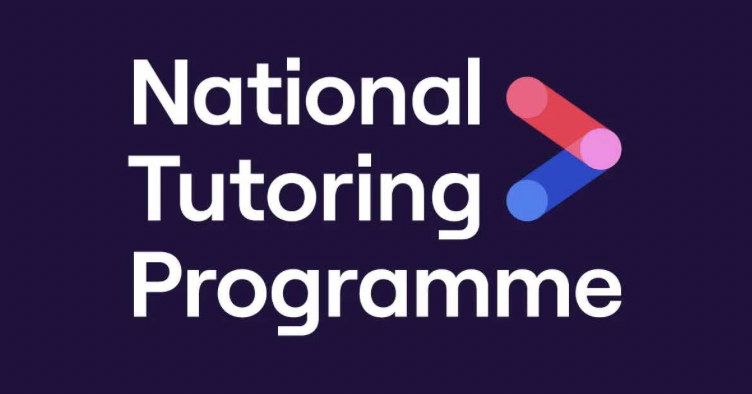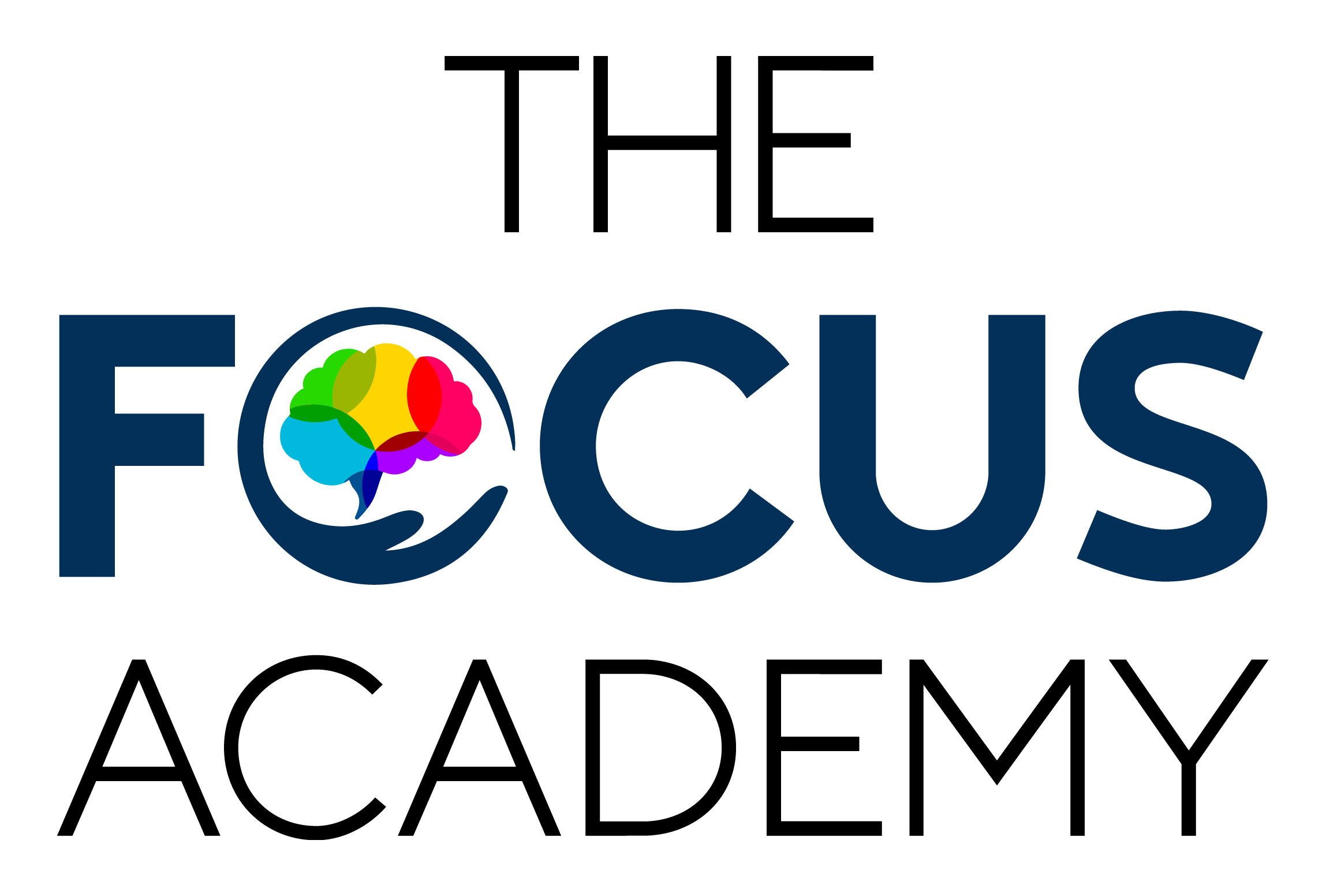Brain; not blame. Understanding the neurology of Foetal Alcohol Spectrum Disorder (FASD)

An interest in FASD means more than a passing interest in neurology. I never had myself down as an amateur neurologist, being an English-and-History type, but here I am anyway, doubly invested as a teacher and a parent of a child with FASD.
A child’s brain develops throughout the nine months of pregnancy. Neurons are firing; neural pathways are being forged; the most complex organ in the human body is under vigorous and continuous construction. It will go on to control every aspect of that person’s life, from breathing and temperature control, through remembering to buy milk on the way home to attempting to solve quadratic equations in exam conditions, in the sure and certain knowledge that you will never have a practical use for them (if you intend to study English and History anyway).
Alcohol in utero affects the brain’s functionality. Neural pathways take detours rather than the most direct route. Sometimes neural signals get lost in transit. The wiring of the brain is different.
When we look at FASD and its symptoms, it helps to look at what is often called the ‘ten brain domains’: Memory, Communication, Cognition (the ability to think and reason), Focus and Attention, Living and Social Skills, Brain Structure, Academic Skills, Sensory and Motor Skills, Affect (Emotional) Regulation and Executive Functioning. Some or all of these can be affected by prenatal exposure to alcohol, which leads to significant challenges for an affected individual in many areas of daily life – and particularly for their school years, as they are churned through the machinery of an education system which has a poor understanding of their brain injury and which, all too often, sees the symptoms of this injury through a behaviourist lens (relying on reward or consequence to try to control behaviour) rather than a neurological one.
The problem with this is that in an individual who has a high degree of impulsivity (problems with focus and attention), poor understanding of cause and effect (deficit in executive functioning) and who struggles to learn from consequences (memory challenges), this is unlikely to be effective. The result? A frustrated teacher and a child who genuinely doesn’t know why they’ve made the choice they have. All they know is that they’ve messed something up. Again.
All this messing up, frustrating people and not being able to do what other people in the class do builds up incrementally to a point where they internalise negative messages about themselves and their abilities – which doesn’t bode well for adult life.
And so it is that learners with undiagnosed and unsupported FASD often find that mainstream school is at best, barely tolerable (and who can learn when they spend all day in a state of hypervigilance?), and at worst, an environment where they can no longer function or be accommodated.
The good news, however, is that with diagnosis, effective supports, adequate resources and professionals who take a brain-based approach, children and young people with FASD can learn, can progress and can come out the other side of their school years with a sense of self worth and an awareness of strategies that will help them overcome difficulties in adult life.
The not so good news? At present, it’s still a work in progress to get a diagnosis without significant waiting lists. It’s a bigger work in progress to embed a brain-based approach in educational culture. But things are shifting, awareness of neurodiversity is growing, medical guidelines for the diagnosis of FASD are being released and teachers are asking for training. Change is in the air.
More articles
Go to the blog



















